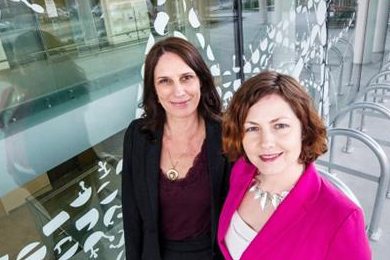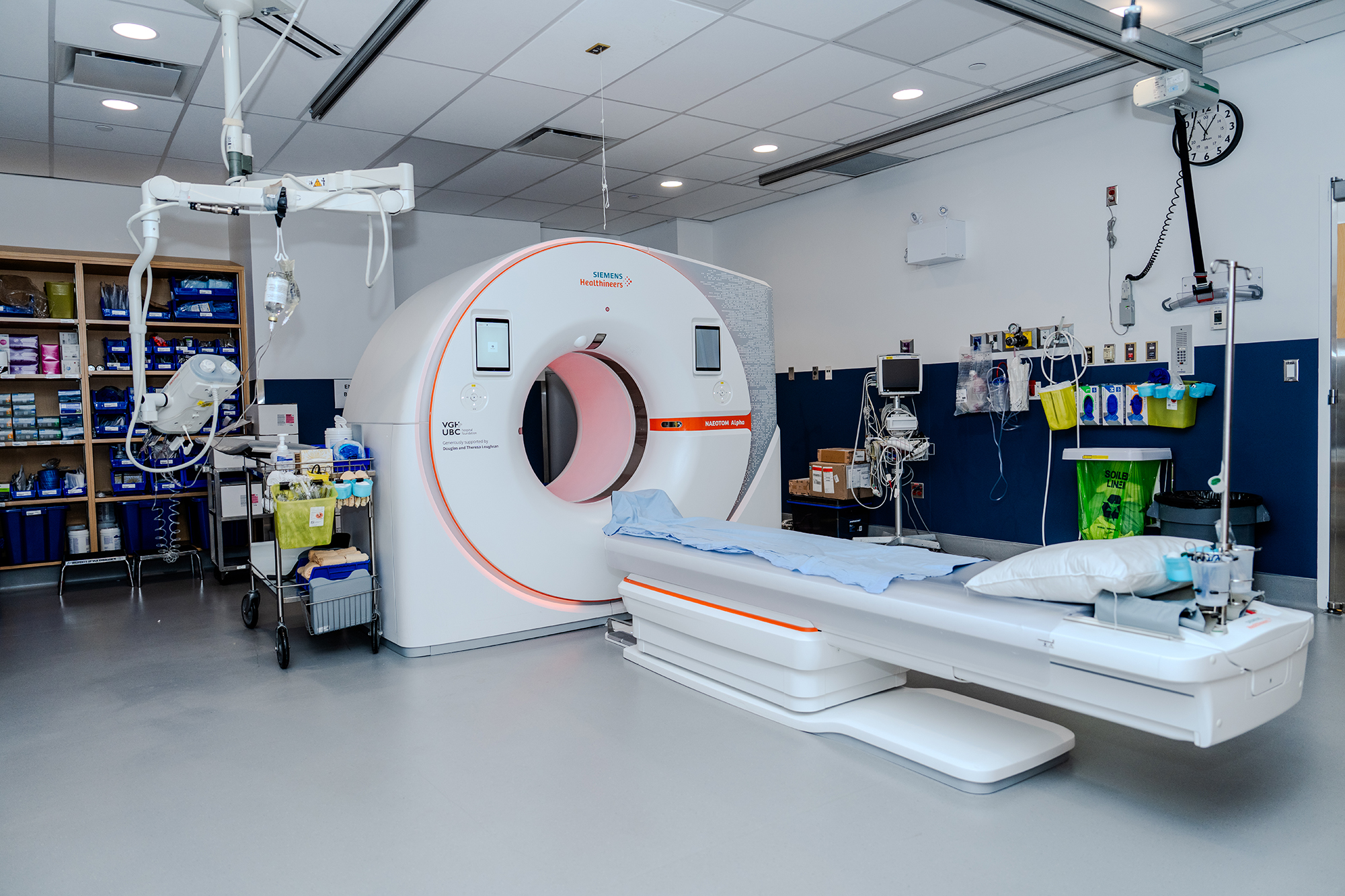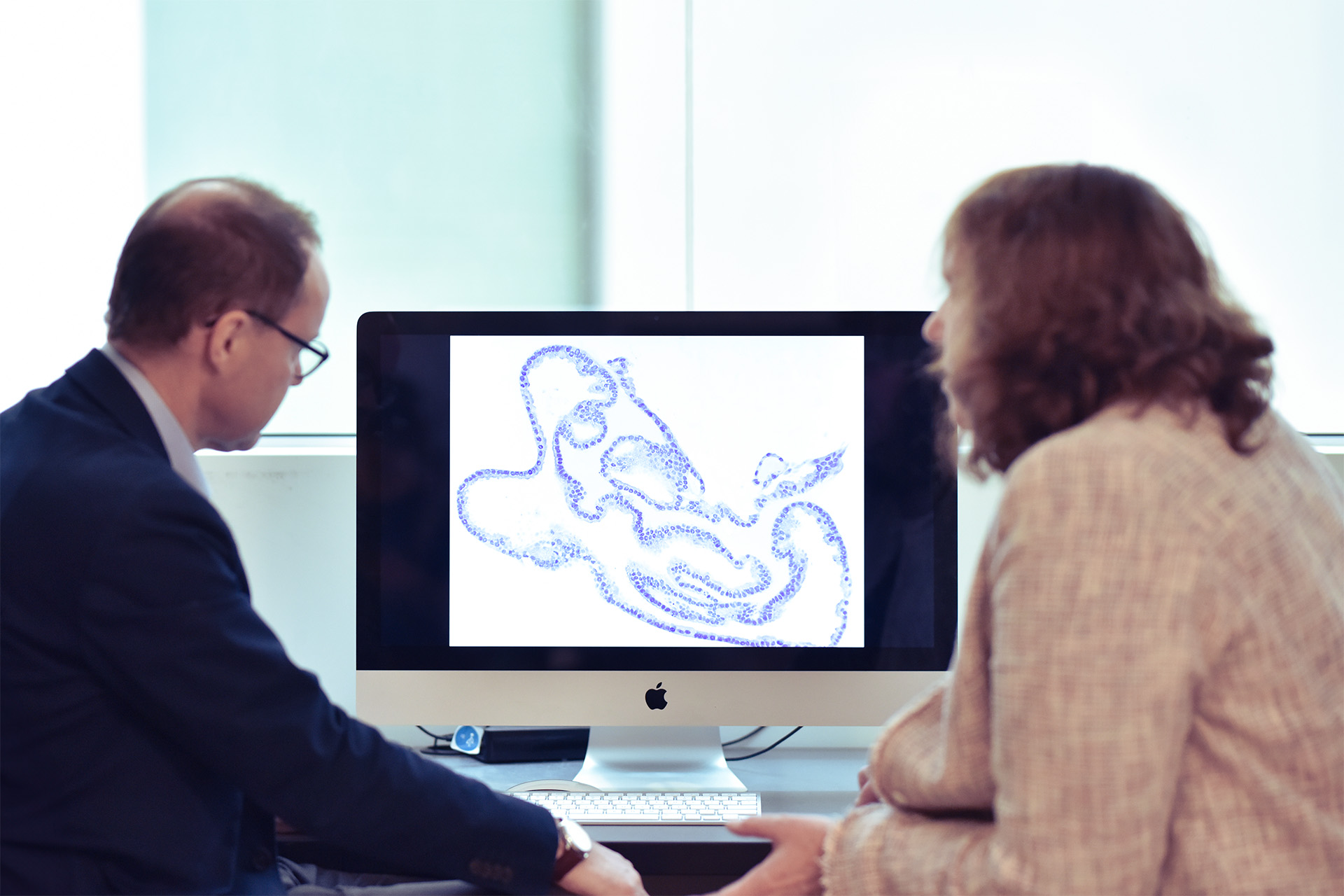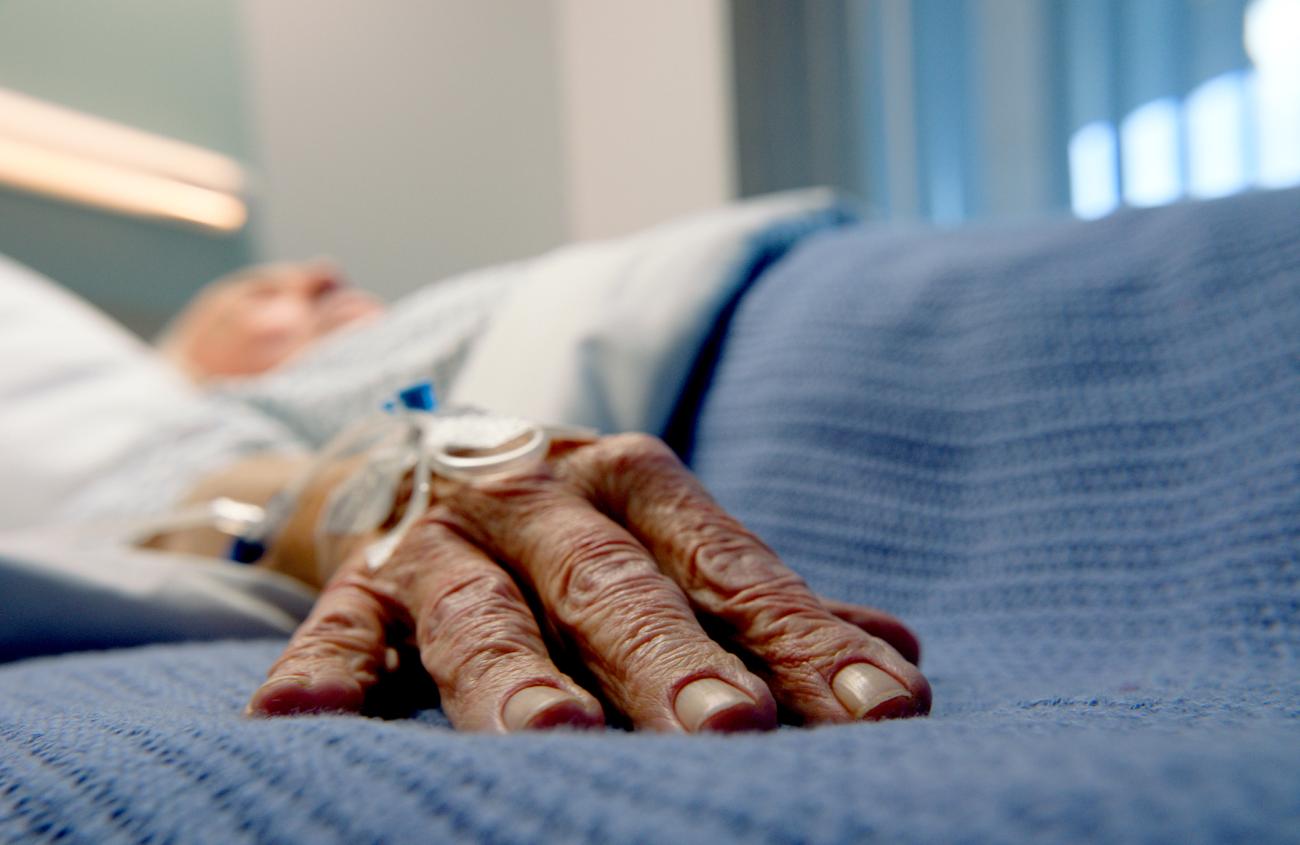 Experience, they say, is the best teacher — and one of the latest mental-health research models truly tries to put that into practice.
Experience, they say, is the best teacher — and one of the latest mental-health research models truly tries to put that into practice.
The community-engaged research approach of the Collaborative RESearch Team to study psychosocial issues in Bipolar Disorder (CREST.BD), led by UBC associate professor Dr. Erin Michalak, actually hires those diagnosed with bipolar disorder, as well as their family members, as part of its research team.
“Experts are people who live with these conditions on a day-to-day basis,” Michalak told The Province. “The experts are family who support them every day.”
“Working hand in hand with people with bipolar disorder is making sure you’re actually researching the right thing in the first place.”
Michalak’s team helps develop research questions and areas of interest, as opposed to old research models where “you would have research subjects or guinea pigs,” explained Michalak. “What we’re using turns that on its head a bit.”
And because of its community engagement, CREST.BD has yielded some “prizing insights into things we wouldn’t have realized otherwise,” said Michalak.
For example, the team learned there are positive aspects to bipolar disorder, which are important to patients, like the pleasurable states of mania.
“You’re more productive, you’re more talkative,” said Michalak. “You feel more interesting socially, more socially engaged — it’s a desirable place to be for some people.”
She’s also been made aware of the importance of creativity, especially when treating a creative person, like a musician, writer or painter.
Michalak explained that if she was treating a painter and a side-effect of medication was hand tremor, then “the cost of taking that medication is too high, because they will lose the thing they care about most.”
“To treat them clinically, you have to be aware of those positives and what people value,” she said. “Otherwise we just drive them away from treatment completely.”
And without the community-engaged research model, those are things Michalak “never would have focused on.”
“I never would have got to that by myself,” she said. “You get led in a really interesting direction.”
The community also led her to discover one of the greatest barriers to accessing health care, which is the stigma.
“The stigma in itself really has a profound impact on people’s abilities to recover,” said Michalak. “The more self-stigmatized you are, the less likely you are to get into treatment.”
So a large part of the CREST.BD research looks at how to address stigma and self-stigma, because research showed that patients can be so harsh and over-critical that they shut down opportunities, like not applying for jobs they’re qualified for, and avoid recovery altogether.
The community-engaged approach doesn’t only benefit the research aspect, it also helps the recovery process, like for CREST.BD peer-researcher Sara Lapsley, who was diagnosed with bipolar disorder in 2001.
“You’re learning from the research yourself and applying it in your own life, so it’s very empowering,” said Lapsley, who joined CREST.BD when it started in 2007. “As a group we focus on self management strategies and wellness and quality of life — so those are the principles that I’ve adopted.”
“It’s important work and it definitely made a huge impact in my own life.”
Michalak and Lapsley are also involved in VGH & UBC Hospital Foundation’s latest campaign, “Changing the face of mental illness,” which is raising funds for the new Joseph & Rosalie Segal Family Health Centre, an $82-million mental health facility going in at the vast VGH complex along W. 12th Ave.
The new building, due to open in Spring 2017, will replace the current 70-year-old building and offer a vastly improved healing and recovery environment with private rooms, natural light and green space.
“It used to feel that psychiatry was a bit of the orphan child of medicine,” Michalak said, explaining that other areas of medicine often got upgrades before mental health.
But initiatives like this are “really encouraging,” she said.
“If we look at Vancouver and we look at the state-of-the-art buildings happening at VGH … what we’re seeing now is a real recognition that these [older] buildings for mental illness need to be reconstructed and re-envisioned as a space that encourages recovery and mental health,” said Michalak. “It feels like a good time to be in mental health research.”
By Larissa Cahute, The Province
March 10, 2014
More support is needed, please donate.
Share this:



